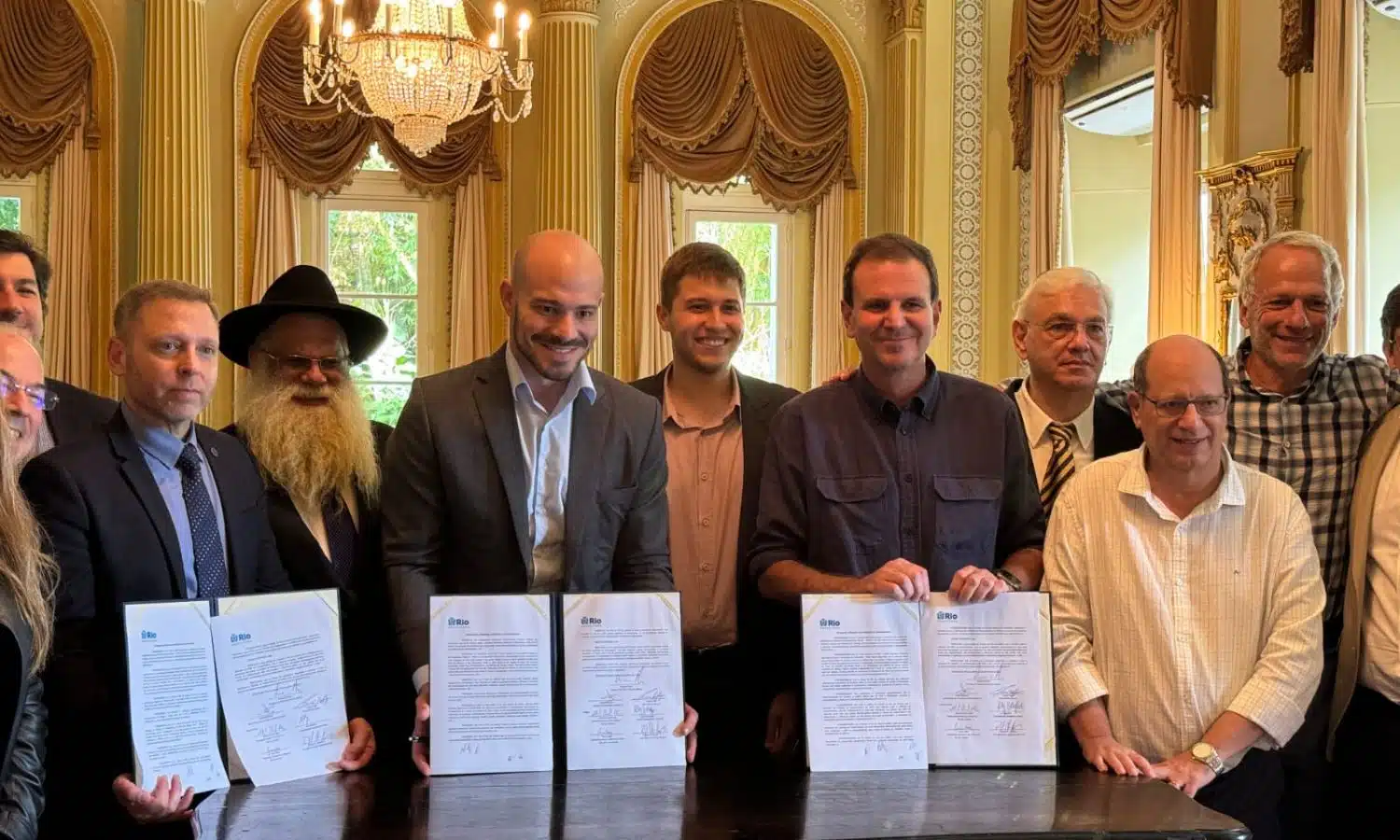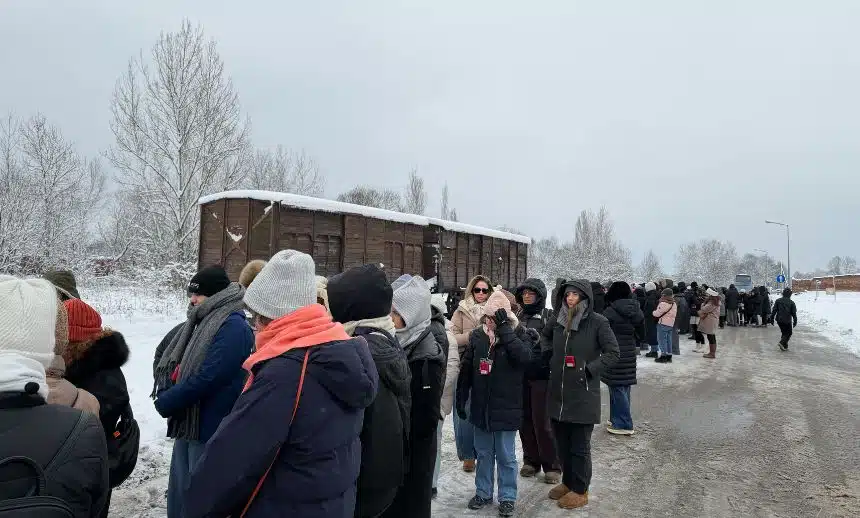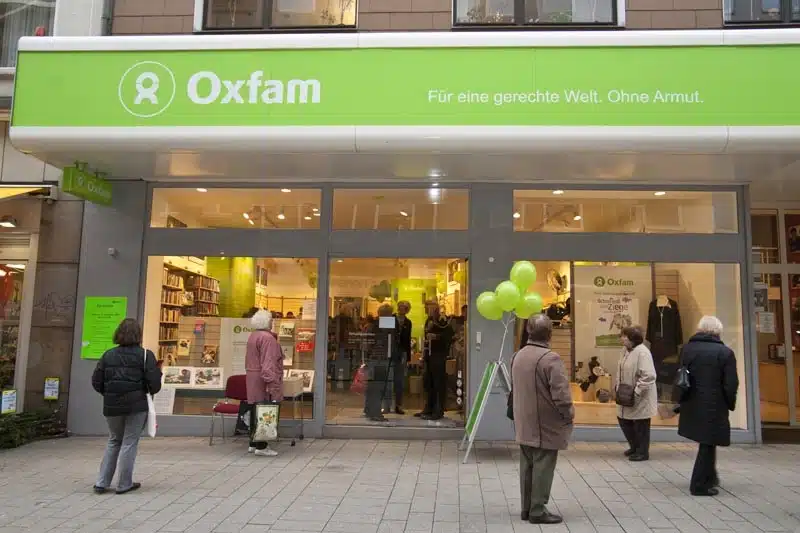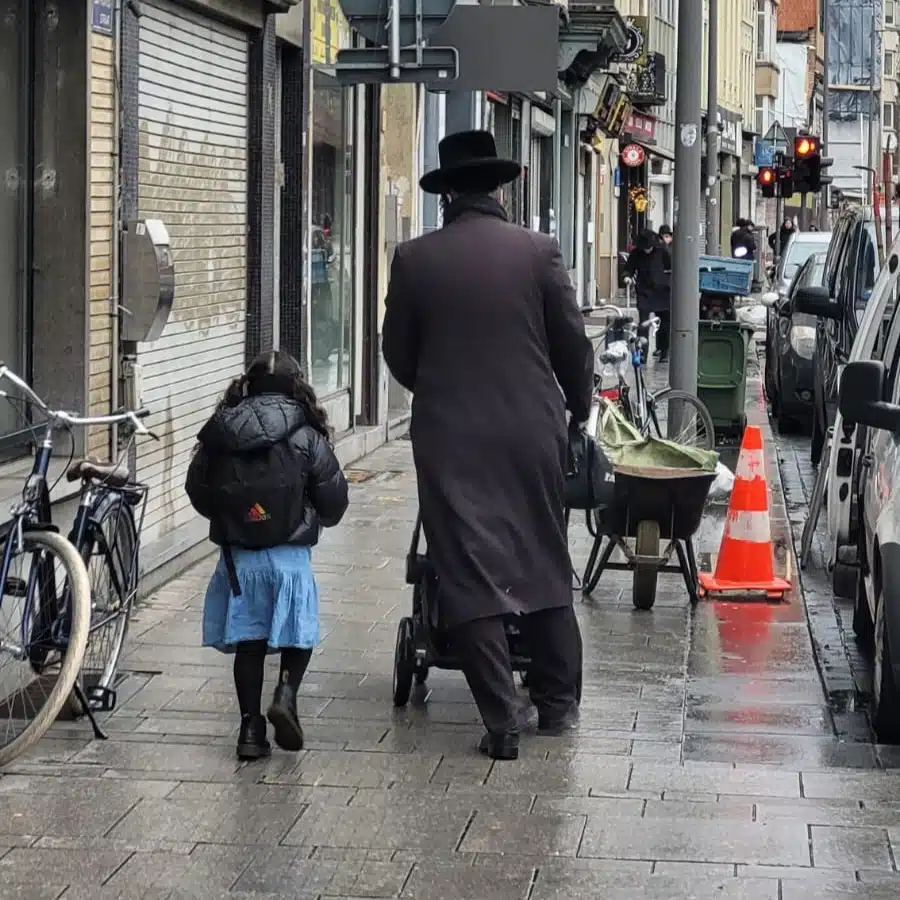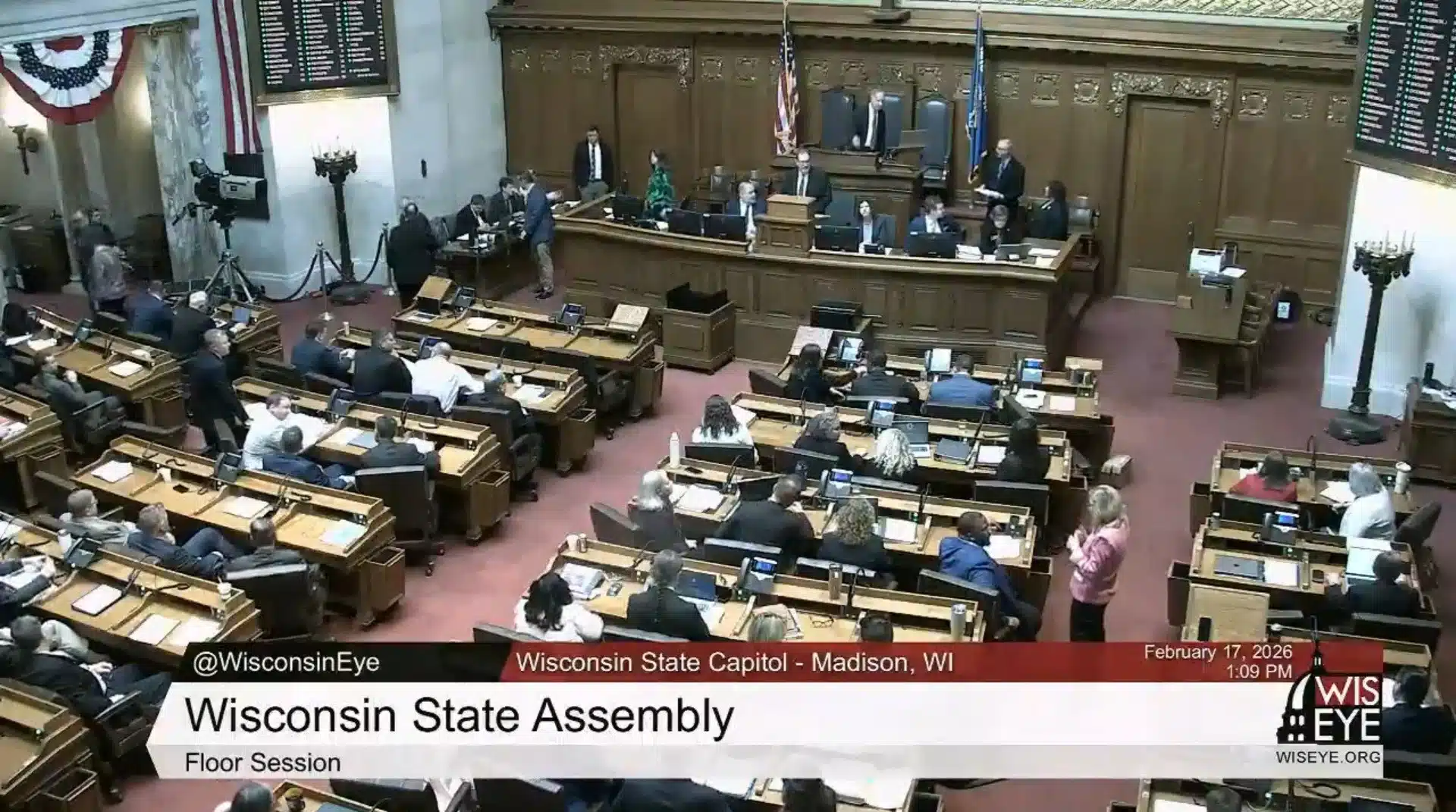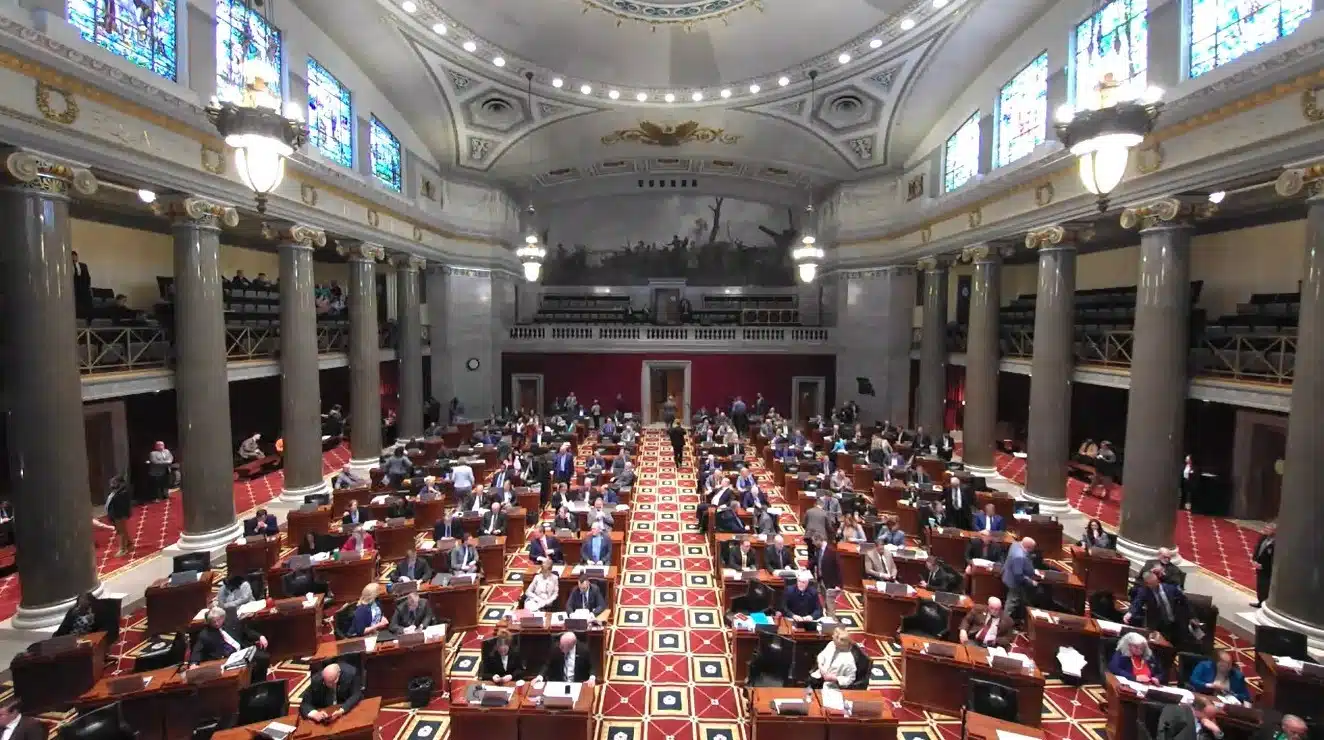The City of Rio de Janeiro municipal government adopted today the International Holocaust Remembrance Alliance (IHRA) Working Definition of Antisemitism, in a move facilitated by the Combat Antisemitism Movement (CAM) at a time when Israel is under attack and the global Jewish community is facing an unprecedented surge of hatred.
An official proclamation was signed at a ceremony on Friday by Rio de Janeiro Mayor Eduardo Paes, along with CAM Director of Hispanic Outreach Shay Salamon and StandWithUs Brazil Executive Director Andre Lajst.
Other Jewish organizational representatives attesting to the declaration were Israeli Confederation of Brazil (CONIB) President Ary Bergher and Israeli Federation of the State of Rio de Janeiro (FIERJ) President Alberto David Klein.
“The City is hereby authorized, empowered, and directed to use the IHRA Working Definition of Antisemitism as an educational resource to address and prevent bias related activities motivated by antisemitism,” the document — which can be read in full HERE — said.
CAM was the sole international organization involved in promoting Rio de Janeiro’s adoption of the IHRA Working Definition of Antisemitism.
In his remarks, Mayor Paes expressed his “unequivocal support” for the Jewish people in the fight against antisemitism.
On CAM’s behalf, Salamon said, “This is a historic day, made all the more relevant by the all-time record-high levels of antisemitism being recorded around the world in recent weeks. We were proud to work with the Rio de Janeiro municipality to advance this important initiative.”
“The IHRA definition has proven to be the most effective tool to identify and counter antisemitism, and we encourage other governmental bodies at all levels, throughout Latin America and worldwide, to follow Rio de Janeiro’s lead and join the distinguished club that has made an impact in the collective effort against antisemitism by taking this vital step.”
Next year, Rio de Janeiro will host the annual global mayors summit against antisemitism organized by CAM.
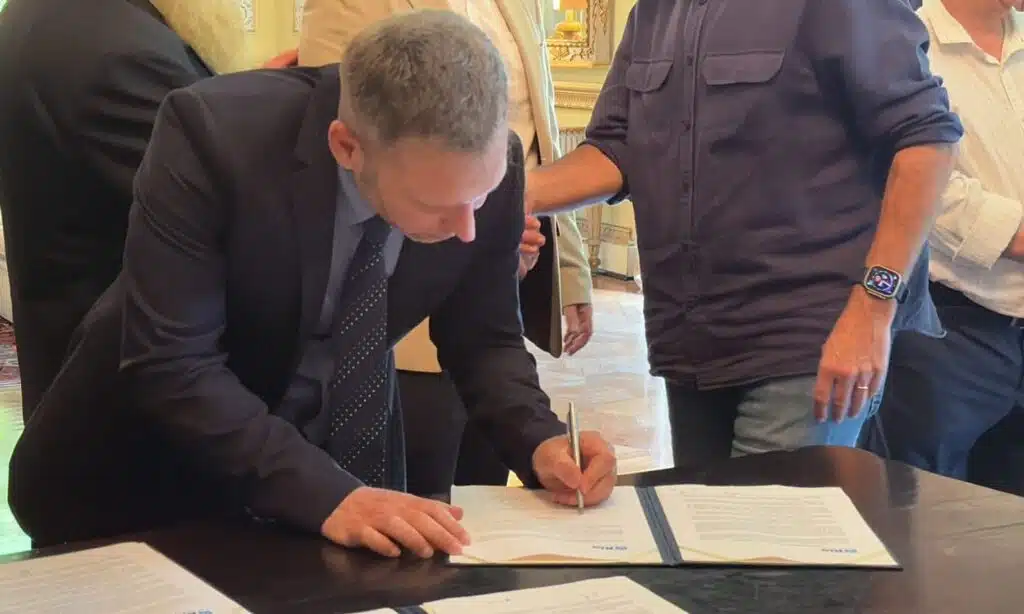
More than 1,200 entities around the world — including a broad array of international institutions and organizations, national and local governments, NGOs, universities, athletic clubs, and corporations — have adopted or endorsed the IHRA Working Definition of Antisemitism and its 11 accompanying examples as a framework for recognizing all modern-day iterations of Jew-hatred, training and educational programs, and policymaking initiatives.
In the first half of 2023 alone, there were 78 adoptions or endorsements worldwide, according to data compiled by the CAM Antisemitism Research Center.
(For more information on past data, please see the “IHRA Working Definition of Antisemitism 2022 Adoptions & Endorsements Report,” published in January by CAM and Tel Aviv University’s Center for the Study of Contemporary European Jewry, HERE.)
The IHRA Working Definition of Antisemitism says, “Antisemitism is a certain perception of Jews, which may be expressed as hatred toward Jews. Rhetorical and physical manifestations of antisemitism are directed toward Jewish or non-Jewish individuals and/or their property, toward Jewish community institutions and religious facilities.”
CAM’s outreach in Latin America began two years ago, and since then it has worked diligently to build meaningful partnerships and friendships with influential leaders, lawmakers, community organizations, and civil society activists from a diverse assortment of religious, political and cultural backgrounds to combat the world’s oldest hatred together.
During this time, CAM has emerged as an important voice in the battle against antisemitism in Latin America, with a growing coalition engaged in impactful activities in countries including Uruguay, Argentina, Brazil, Colombia, Panama, and Guatemala, among others.
This coming week, on Nov. 7-9, CAM’s third annual Latin America-Israel Forum will take place in Montevideo, Uruguay, bringing together representatives of 17 countries to demonstrate their solidarity with the State of Israel and the Jewish people in this hour of dire need.
This year’s forum follows previous regional summits hosted by Guatemala in 2021 and Panama in 2022.


